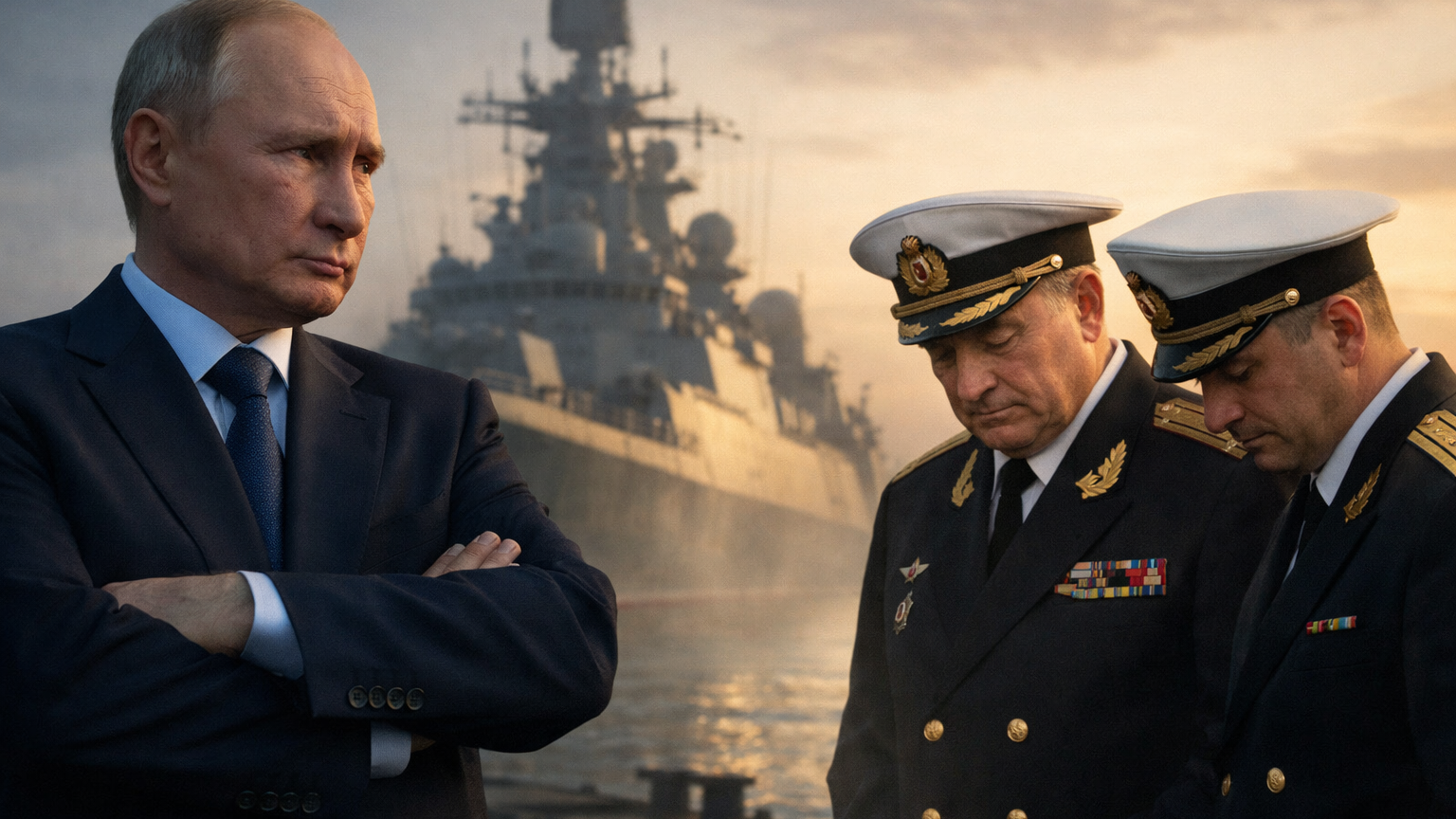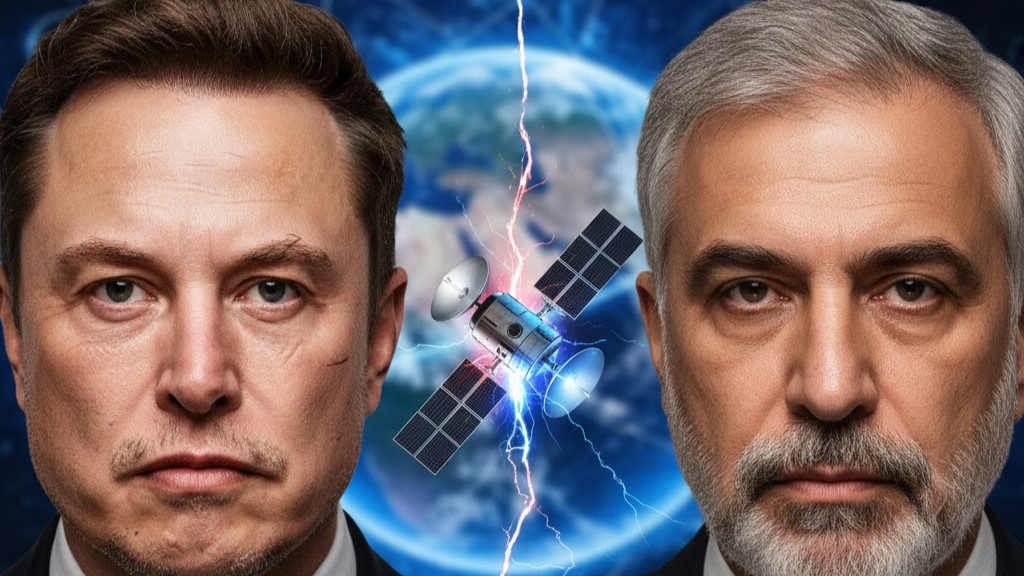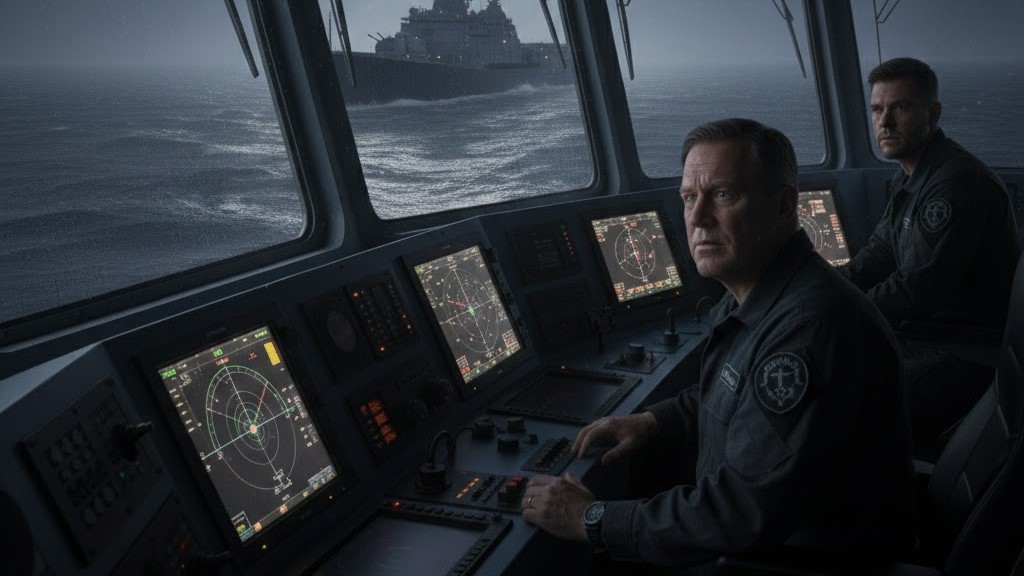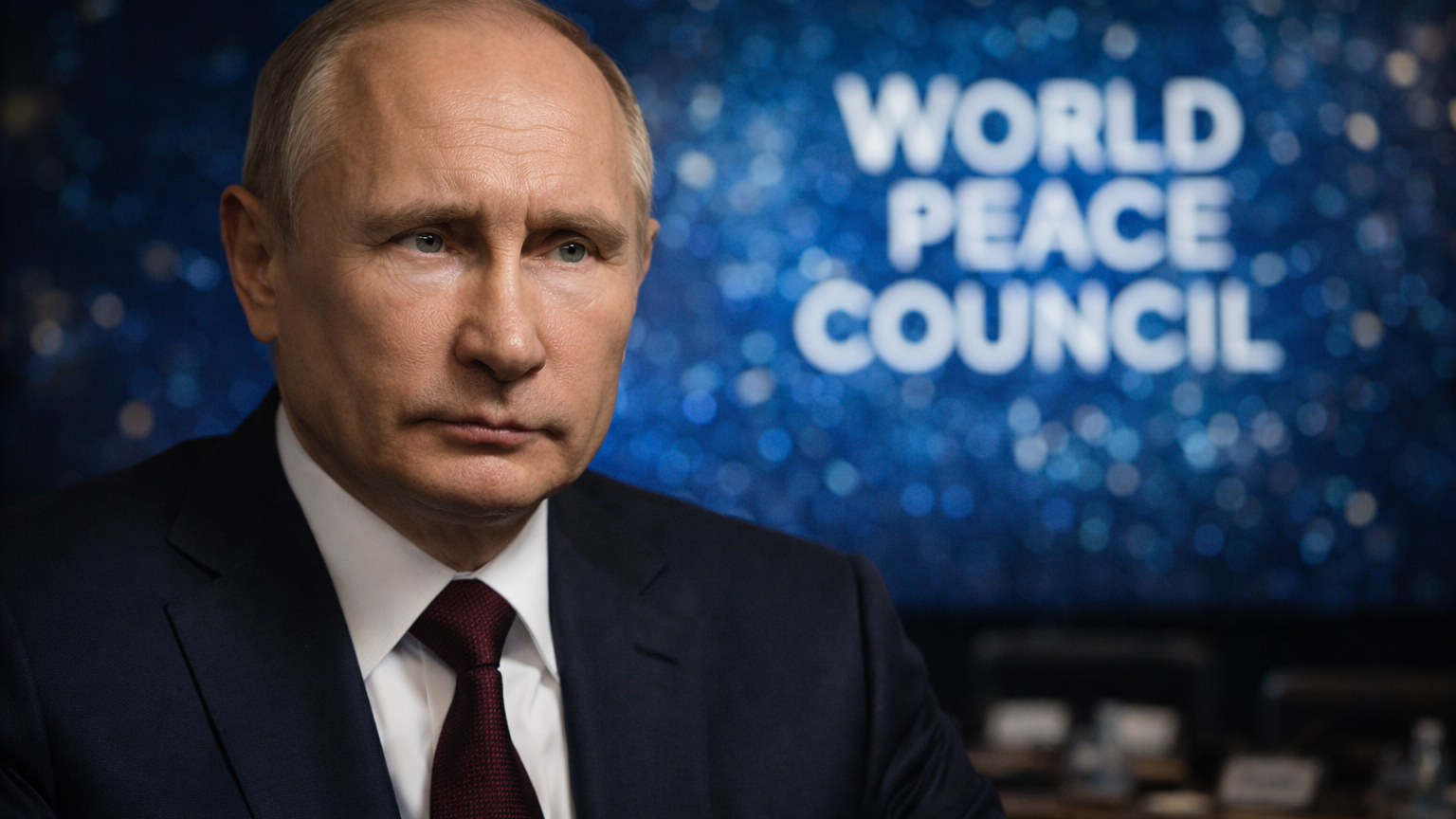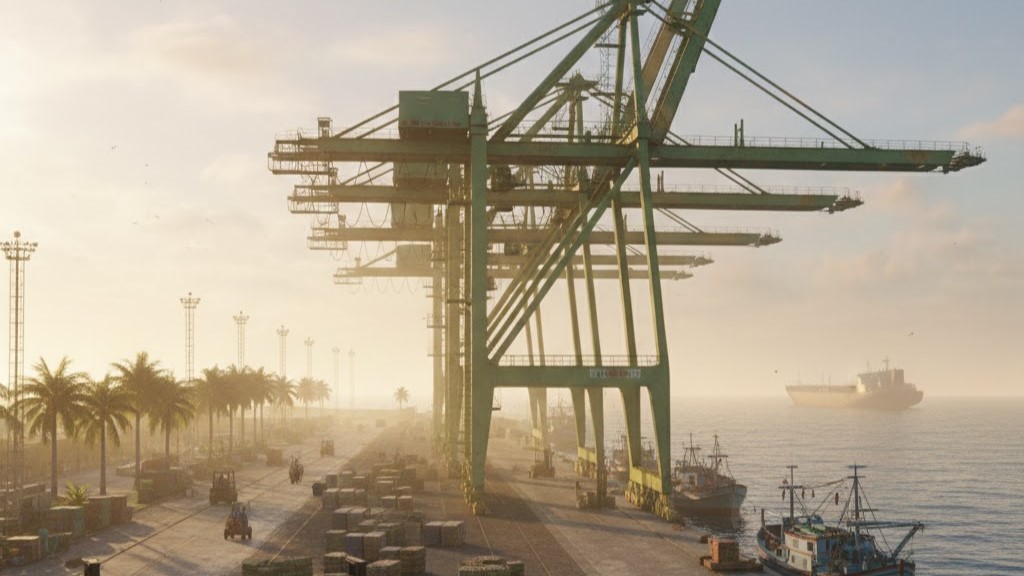When Social Support Turns Into a System
Russia Near Venezuela: A Strategic Shift in the Western Hemisphere?
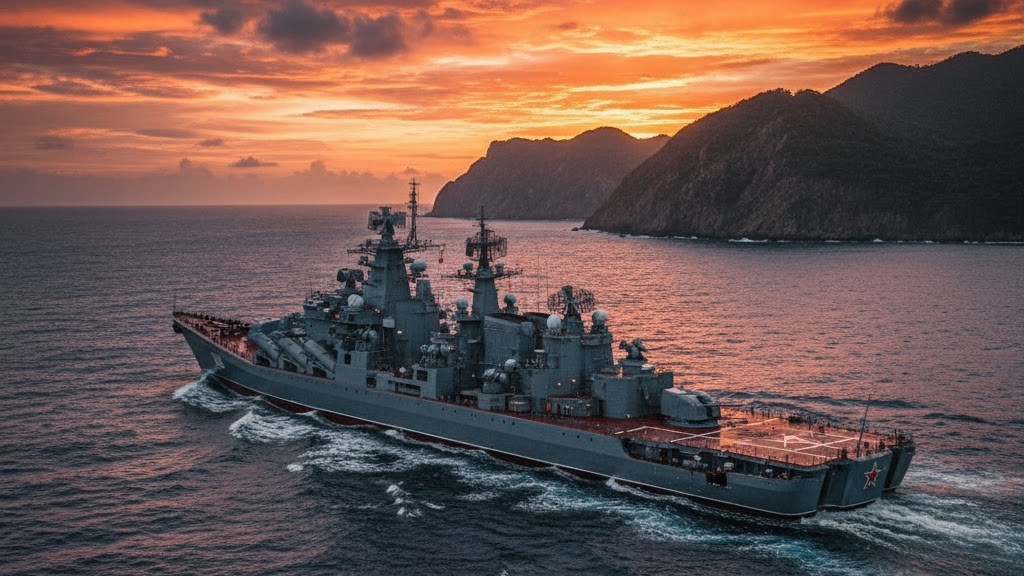
While Others Talk, Russia Moves
When news first broke about Russian naval activity in the Caribbean Sea, many dismissed it as a routine maneuver. But when warships appeared near the Venezuelan coast, even seasoned observers paused. Something had changed. And this time, it wasn't just muscle-flexing — it was a message.
One of the most respected voices in Western political analysis, Columbia University professor Jeffrey Sachs, confirmed the shift. Speaking on his YouTube channel, he described the event as a tectonic movement in global geopolitics. What once seemed impossible is now unfolding before our eyes.
Not a Courtesy Call — a Redefinition of Power
Sachs emphasized that this was not a supply stop or a logistics operation. The Russian fleet didn't arrive for routine port access. It came to be seen — and to redefine influence.
For decades, the entire Western Hemisphere has been treated by Washington as its exclusive backyard. Any outside activity was viewed as a challenge. But now? Russia isn't knocking on the door — it's inside. And no one can pretend otherwise.
Weapons, Logistics, and Allies: The Circle Closes
This naval move is mirrored by developments on land. According to Alexey Zhuravlyov, Deputy Chairman of the Russian State Duma's Defense Committee, Russia continues supplying military systems to Venezuela, including the potential delivery of Oreshnik — a sophisticated long-range radar and electronic warfare system.
And then there's the mysterious flight of a Russian IL‑76 cargo plane to Caracas. Operated by Aviacon Zitrotrans, a company known for military deliveries to Russian allies, the aircraft took a winding route through Armenia, Algeria, Morocco, Senegal, and Mauritania. That's not just a complex flight path — that's intentional evasion of surveillance. This wasn't a casual cargo run. It was a strategic mission.
Caracas Is Changing — And Russia Is Helping
Venezuela has been rapidly upgrading its defense infrastructure in recent years, especially under pressure from U.S. sanctions and isolation. New radar networks, stronger air defenses, and a fresh military doctrine are all part of this transformation. And Russian systems are fitting in like missing puzzle pieces.
Meanwhile, military delegations between Moscow and Caracas have intensified. Several closed-door meetings have taken place in recent months, hinting at the creation of long-term strategic cooperation. This is no longer just about arms sales — it's about shared defense planning.
A Quiet But Powerful Realignment
Russia is building a new strategic framework around Venezuela. Not with bluster or ultimatums — but with quiet, precise actions. Naval deployments. Military deliveries. Backroom coordination. Step by step, a new power structure is emerging — just miles from the U.S. coast.
For the Caribbean region, this may force a complete reassessment of influence and alignment. And for the United States, it poses a chilling question: what happens when someone else writes the rules in your own hemisphere?
And the Real Question: Will Washington Blink?
For the first time in decades, the U.S. is watching a major geopolitical player enter its own backyard — not with bombast, but with quiet confidence. And this time, it's not Washington in the driver's seat.
So what now?
Will the U.S. react, adapt — or pretend nothing's
happening?
Friends, what do you think — is this just a momentary ripple or the start of a new axis of power?
Подписывайтесь на канал, ставьте лайки, комментируйте.
Repressions in the Navy? Or a System Reset: What Stands Behind the High-Profile Sentences
A number rarely appears in the news without consequences: 592 million rubles.
When Washington expected to pressure an "isolated" Iran, the regional landscape suddenly shifted. The surprise did not come from a Gulf monarchy, nor from a Western coalition partner — but from the Taliban, a force the United States spent two decades fighting without achieving a decisive outcome.
Who Controls Orbit: States or Musk?
When the switch is in Musk's hands, states fall silent.
The statement came unexpectedly sharp — even for seasoned geopolitical observers. When Nikolai Patrushev warned that Russia could "strike NATO vessels" in response to attempts to block its tankers, Western media paused. Not because the wording was unusual, but because the message signaled a shift from diplomatic pressure to potential maritime...
Putin is "reviewing." Lukashenko already declined. Xi knows the script. And Trump's "World Council" starts with cracks.
Russia's Return to the Caribbean: A Silent Move That Speaks Loudly
The Arctic has a simple rule: it respects strength, not intentions. And this week, it reminded Europe of that rule once again. A German icebreaker sent north to assist a stranded gas tanker found itself immobilized by heavy ice and now faces the same fate as the vessel it was meant to save.


